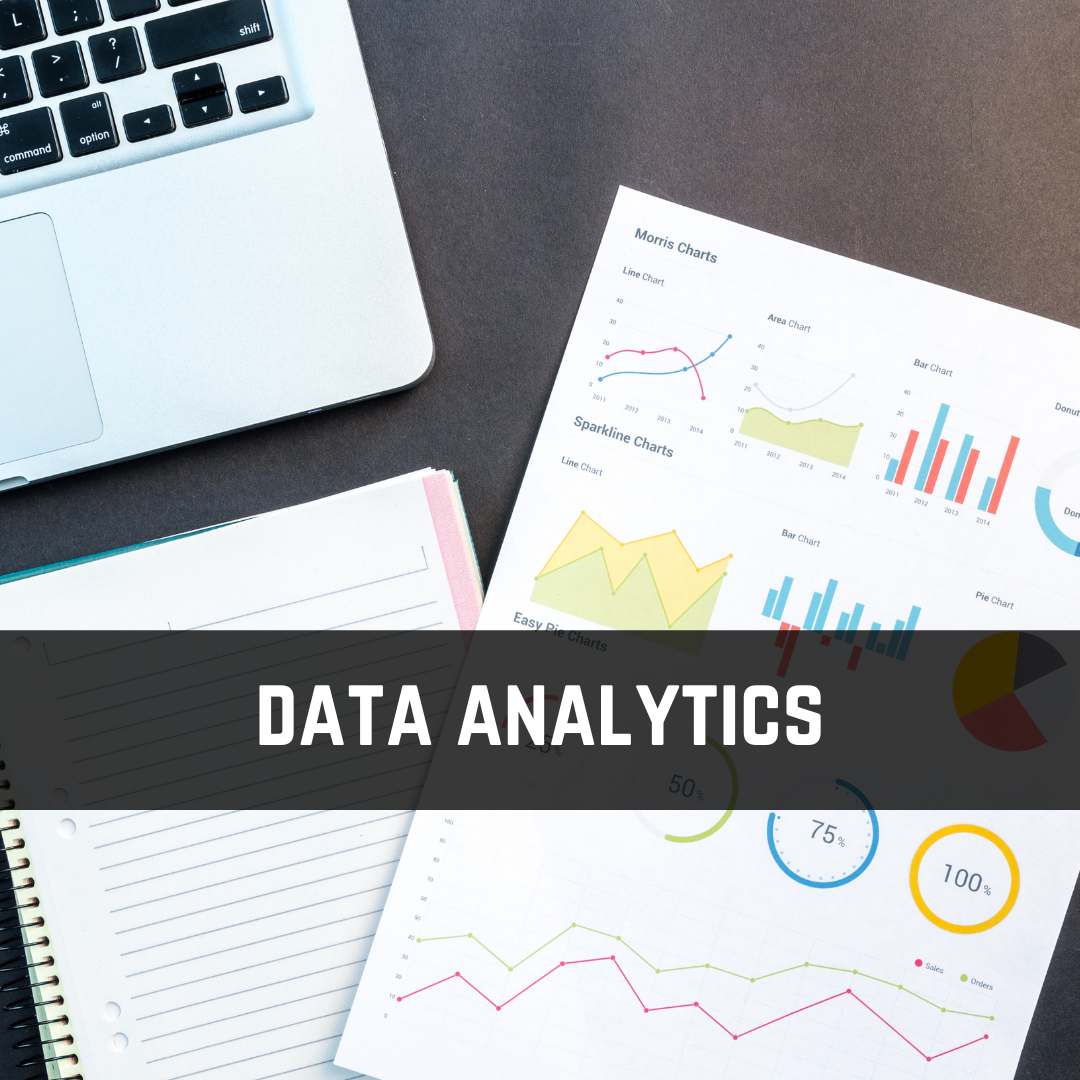
Innovations based on artificial intelligence focus on patentable features that include data analytics and processing. AI driven products and services possess improved algorithms that result in unique process claims as part of patent specification, thereby complying with the patent eligibility requirements as required by the patent office. Technology companies are able to provide innovative business offerings to users by using AI and data analytics based business model. For example, CoachHub, a digital coaching platform aimed at assisting companies in providing holistic coaching experience to their employees. Recently, CoachHub raised $30 million in a series B round of funding led by Draper Esprit. The core business model of this AI based company includes recommending three coaches to each employee using a unique artificial intelligence matching system. The coaching includes improving leadership skills and training employees for better time management.

Intellectual Property Rights become lucrative when they offer financial gains. The importance of an invention can be understood by way of its protection and the amount spent on defending it. Recent times have introduced Artificial Intelligence envisioning the efficient functioning of machines that surpass human potential and capabilities. It is astonishing to note the capabilities of artificial intelligence in place especially when the fans and lights of the house can be turned on and off just by the voice input of the human being in Amazon’s Alexa.
Artificial intelligence is a Computer-Related Invention. The legal regulations worldwide are based on the mere fact that inventions can be protected in the name of the human inventors. In today’s times when the capabilities of artificial intelligence have enhanced to the creation of an invention or innovation, the scope of the activities an artificial intelligence can perform cannot be foreseen. Scientists today are using artificial intelligence (AI) to innovate. The legal frameworks worldwide have been adapted to the fundamental concept of inventions belonging to the human inventors.
The functionality of artificial intelligence has been crafted to understand the cognitive human functions for the creation of commercial products and services. It has been designed to understand the cognitive functions of a human such as learning, memory retention, and decision making. Over a period of time, Artificial intelligence has outperformed humans in many activities. There has also been endless debate about whether artificial intelligence will replace humans in many areas of operation. Human intelligence is a combination of cognitive and behavioral patterns. The present times have discovered only the cognitive understanding aspects of artificial intelligence but has not yet revealed the extent of behavioral intelligence and emotional intelligence in AI. The humans have been crafted as complex machinery. The superiority of human intelligence can never be questioned. Artificial intelligence has been created and manifested with a certain number of cognitive abilities and an extremely limited amount of behavioral intelligence. Therefore, although AI cannot replace humans in all the sectors, yet humans become easier to replace in situations requiring efficient optimization of cognitive intelligence.
The artificial intelligence algorithm has been designed to understand various human languages through its feature of processing natural language. The cognitive capabilities of AI become even more impactful because of the automatic mode of analysis. The search algorithms in AI have enabled them to understand the exact needs of humans, thereby enabling humans to be enslaved to the technology. Examples of such advanced AI include Alexa and Siri at our homes. Such AI can order groceries just by receiving the voice input of the humans. The developments in the field of artificial intelligence are regularly being programmed to help improvise performance better and smarter than human beings.
The legal framework of the world is facing Patentability issues on the scope of artificial intelligence. In India, the patentability of computer-related inventions is often discussed under the computer-related invention guidelines that prohibit the computer algorithms or programs to be patented. The development of AI by an individual or a corporate needs to be protected, the laws for which are still unknown. Legal industry has to adapt to challenges ten times ahead of the present time. The computer programs and algorithms are stored in the artificial intelligence to bring constant innovations in the artificial intelligence itself.
Therefore, two kinds of IP protections can be debated upon, i.e. the inventions that humans make inside the AI and the inventions that AI makes for the human functions. Patent rights are available to the inventor only if the invention is novel and has not been disclosed before. The question of therefore, the data being disclosed to the AI and being automatically analysed by the AI raises a lot of unanswered questions on its patentability. The intellectual property rights worldwide are assigned to humans for inventing but with the development of artificial intelligence, inventions are made by artificial intelligence. In such a scenario, the question of who to grant intellectual property rights becomes extremely vital.
The next decade would witness the development of the Intellectual Property regimes and systems that are focused to adapt to the non-human AI inventions. The operation of artificial intelligence by humans with strong characters, morals and ethics will lead to usage of AI for the benefit of all. Precautions and preventive measures should be taken to ensure that the AI should not be used for destructive and immoral purposes. AI poses detrimental risks to the security of the world especially when it has little to no signs of behavioral and emotional intelligence. Adaptation to the world of AI will have to be strategically planned and effectively implemented to avoid forecasted destruction and lethal impacts of AI. Patent portfolios will have to be prepared for the companies dealing in computer related inventions and software development so as to keep an eye on the development of artificial intelligence and the extent of it. The intellectual property laws including copyrights, patents, designs, trademarks will have to be amended to make space for technology laws and artificial intelligence.
Read About Patent FIling Guide



